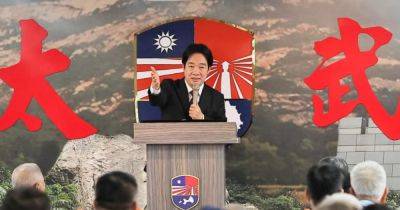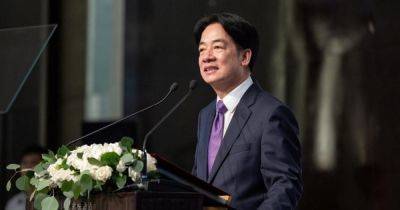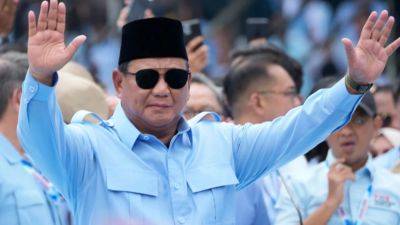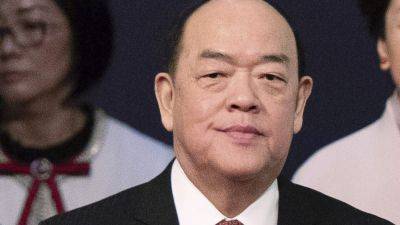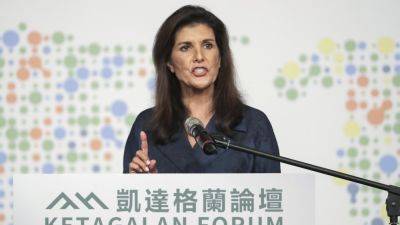Taiwan’s Lai consolidating power before turning to China
Franklin D Roosevelt’s first 100 days in office helped steady the US during a time of crisis and set a lasting standard for evaluating presidential success. While the “first 100 days” concept remains most prominent in the US, other democracies like Taiwan have adopted it.
Since the island’s first democratic transition of power in 2000, Taiwanese citizens have increasingly used the first 100 days to assess their president’s effectiveness, mirroring the practice established decades earlier in Washington.
However, Taiwan’s presidents have struggled to match the 62% average approval rating US presidents have achieved in their first 100 days since Dwight Eisenhower in 1950. Since 2000, each Taiwanese leader has faced a significant drop in approval by this benchmark.
For example, president Chen Shui-bian saw his rating plunge from 79% to 42% in just four months. Ma Ying-jeou and Tsai Ing-wen fared similarly, with ratings of 41% and 39%, respectively, at their 100-day marks. Most recently, President Lai Ching-te, inaugurated on May 20, 2024, saw his approval slip from 58% to 46% within three months.
As a young democracy with less mature democratic norms and deep political polarization, Taiwan differs significantly from the US (though recent years have seen the US grow more similar).
Since the start of democratization in the late 1980s, Taiwan’s politics have been marred by intense ideological clashes, especially over national identity. That’s created a persistent divide between the main opposition Kuomintang (KMT) and the now-ruling Democratic Progressive Party (DPP).
This division often causes Taiwanese presidents to quickly reverse their predecessor’s policies while fending off relentless opposition attacks for doing so.
Pres


